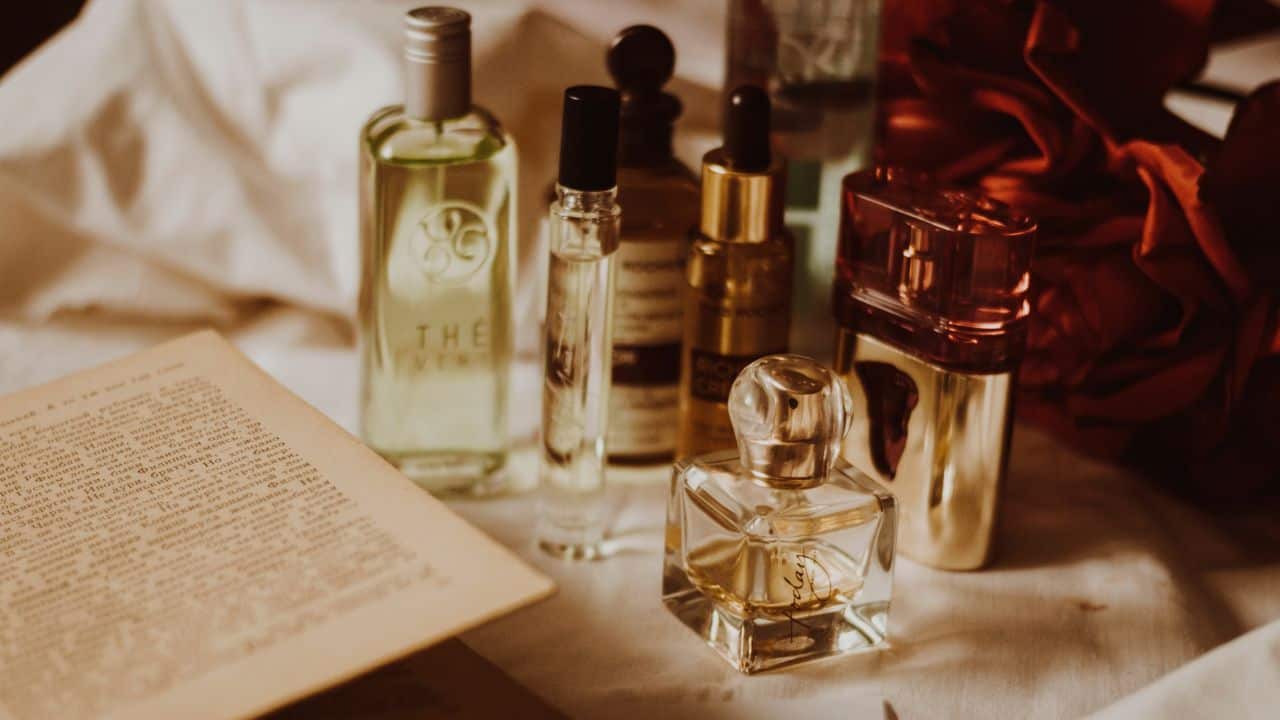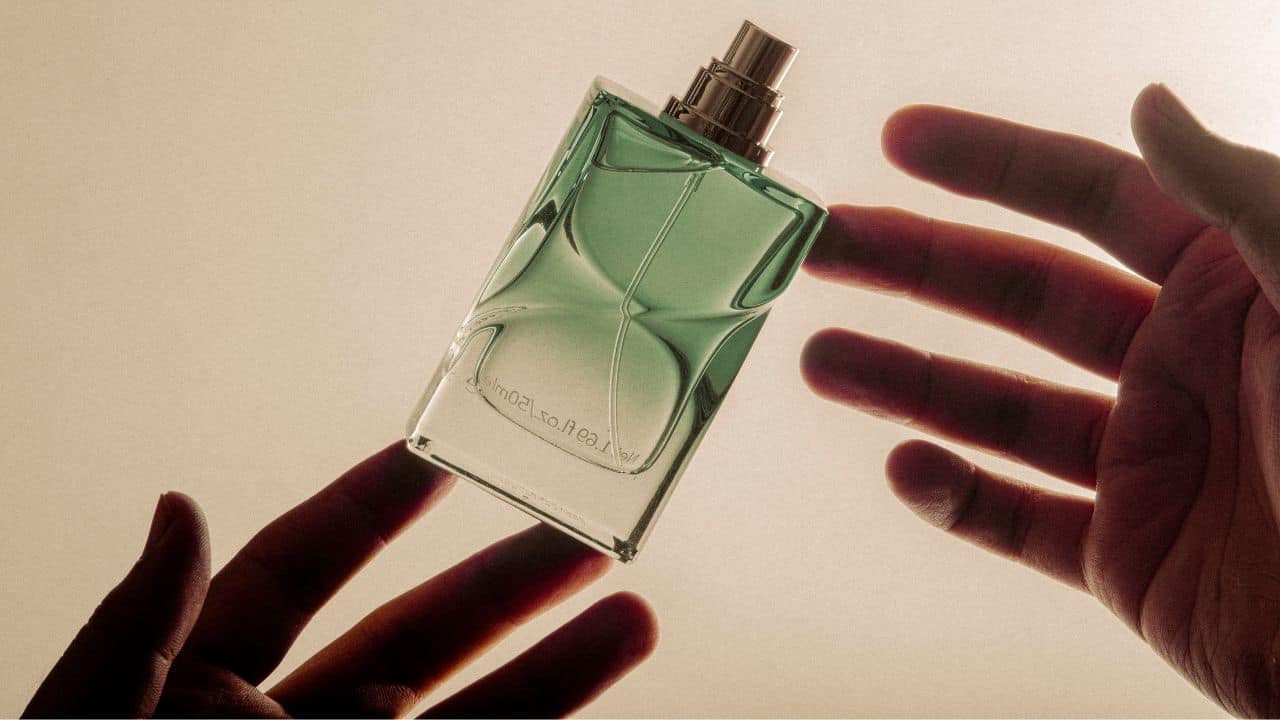How to Macerate Perfume for a Truly Radiant Aroma

You know that feeling when you first uncap a new bottle of perfume and it smells… nice, but perhaps a little sharp, or not quite as long-lasting as you’d hoped? Then, a few weeks or months later, you discover it’s richer, deeper, and clings to your skin with stunning tenacity? That’s no accident, darling. That’s the subtle, profound magic of maceration at play.
This isn’t just industry jargon; it’s the quiet alchemy that transforms a good perfume into an extraordinary one. It’s about giving your fragrance a private retreat, a chance to truly become its most refined self. Understanding this process can utterly transform your appreciation for the perfumes you already own and influence your next cherished purchase.
Ready to dive into the aromatic artistry? Let’s decode this delightful mystery and learn precisely how to macerate perfume.
What is Maceration? Unveiling the Perfume’s Maturation
First, let’s demystify the term: macerate perfume. In the captivating world of perfumery, “maceration” is essentially the aging process that a freshly blended perfume undergoes. Imagine a distinguished wine mellowing gracefully in its cellar, or a gourmet stew simmering slowly to let all those complex flavors meld into a harmonious whole.
When a perfume is first created, it’s a careful blend of concentrated fragrance oils (the “juice”) and high-grade perfumer’s alcohol. While these components are combined, they haven’t quite “married” yet. Maceration is the vital period where these diverse molecules bond, integrate, and stabilize. The alcohol, acting as a solvent, helps the myriad scent molecules to intertwine, solidify, and develop their full character, depth, and tenacity.
Without proper maceration, a perfume might feature a harsh, overly alcoholic opening, or its various notes might feel disjointed—like individual instruments playing a tune rather than a seamless symphony. The ultimate goal of this crucial step is to create a singular, unified scent profile that truly sings on your skin.
Why Maceration Matters: The Perks of Patience
So, why invest time in this silent ritual? The benefits are quite compelling:
Enhanced Unity
Picture a symphony where every instrument plays its part perfectly in sync. Maceration allows the top, heart, and base notes to fully integrate, creating a smooth, cohesive aroma rather than a chaotic burst.
Profound Complexity
The subtle chemical reactions that unfold during this period can unveil alluring nuances in the fragrance that weren’t immediately present. Notes become more robust, and the overall scent profile gains intriguing layers.
Improved Longevity & Sillage
A well-macerated perfume tends to last longer on the skin (that’s its lasting power!) and project its scent more beautifully (that’s its reach!). The molecules become more stable, meaning the fragrance unfurls more gracefully and endures for hours.
Reduced “Alcohol Sharpness”
If a newly blended perfume smells overwhelmingly of alcohol when first sprayed, it often just needs more maceration. This process helps the alcohol integrate, diminishing that pungent initial scent and allowing the fragrance to truly shine.
How to Macerate Perfume: Your 4-Step Guide to Scent Perfection
Ready to give your new perfume a little VIP treatment? Here’s your straightforward, expert guide to helping your fragrances achieve their prime potential:
Step 1: The Initial Chill (A Quick Fragrance Freeze)
This might seem counterintuitive, but a brief stint in the freezer can help “shock” the molecules into a more intimate bond. It’s like a rapid jumpstart for the blending process.
- What to do: Place your newly acquired perfume bottle (sealed, with its cap firmly on) into your freezer for 30 minutes to an hour.
- Why it works: The extreme cold causes the delicate fragrance molecules to contract, and upon returning to room temperature, they expand and bond more tightly with the alcohol. This aids initial integration and can help reduce any temporary cloudiness.
Step 2: Find Its Perfect Retreat (Dark, Cool, & Still)
This is the core of the maceration process – creating the ideal environment for your perfume to mature with elegance.
After its short chill, move your perfume bottle to a dark, cool, and undisturbed location. Think inside a drawer, a secluded closet shelf, or even its original packaging. Here’s why it works:
- Darkness: Light, especially direct sunlight and harsh UV rays, is a perfume’s sworn enemy. It can break down sensitive fragrance compounds, irrevocably altering their scent and even color.
- Cool Temperature: Consistent, moderate temperatures (ideally between 60-70°F or 15-21°C) are paramount. Extreme heat can cause volatile top notes to evaporate too quickly, disrupting the scent’s balance. Cold temperatures can slow reactions, but stable cool is key. Avoid fluctuating temperatures, like those in a steamy bathroom.
- Stillness: Let the perfume rest quietly. Constant shaking or movement can introduce more air and potentially accelerate unwanted oxidation, which can diminish the aroma.
Step 3: The Occasional Gentle Swirl (Never a Shake!)
While stillness is highly important, a very gentle nudge now and then can actually be beneficial. Every few days or about once a week, pick up the bottle and give it a very soft, slow swirl—just enough to subtly rotate the liquid, not vigorously shake it.
This delicate motion helps to ensure all the fragrance oils are evenly distributed within the alcohol, preventing any settlement and facilitating continuous blending without introducing excessive air.
Step 4: The Patience Play (How Long to Macerate Perfume?)
Ah, the million-dollar question for every fragrance enthusiast! How long does it take to macerate perfume? This is where the old adage “patience is a virtue” truly applies.
While some perceive an improvement after just a few days, a noticeable difference usually begins after 2-4 weeks. For many perfumes, especially those with intricate compositions or a high concentration of natural ingredients, the optimal maceration period can extend from 1 to 3 months. Some truly complex fragrances can even benefit from 6 months or longer!
The best indicator is always your nose! Test the perfume periodically (perhaps once a week) by spraying a small amount on a blotter or a clean patch of skin. Observe how the opening smells, how it develops, and its longevity. You’ll notice the sharp alcohol scent diminishing, the notes becoming more rounded, and the overall aroma deepening with each passing week.
Can You Speed Up Perfume Maceration? (Dispelling the Myths)
This is where common misconceptions often arise. People frequently ask, how to macerate perfume faster? While you might encounter advice online about extreme temperature fluctuations or vigorous agitation, an experienced perfumer will advise extreme caution.
Avoid Harsh Measures
- Rapid heating or freezing cycles (beyond the initial chill), or excessive shaking, can actually damage the delicate molecular structure of your perfume.
- This can lead to an unbalanced scent, a shortened shelf life, or even complete degradation.
- Heat, in particular, is an adversary of fragrance stability and can break down precious compounds prematurely.
A Tiny Breath of Air (Handle with Care!)
- Some enthusiasts suggest spraying a few initial spritzes (5-10 sprays) from a brand-new bottle before macerating.
- The concept is that introducing a small amount of oxygen can initiate certain chemical reactions.
- While this might have a minor effect, it’s not a magical shortcut, and prolonged, excessive air exposure invariably leads to oxidation, which can eventually spoil a fine fragrance.
The True “Fast Track”
- The most reliable and secure way to “speed up” maceration is simply to ensure you are consistently providing the optimal conditions outlined in Step 2: dark, cool, and still.
- Consistent, correct storage is the true accelerator, allowing the natural process to unfold efficiently.
Knowing When Your Perfume Is Ready to Delight
How do you know your beloved perfume has finished its silent transformation and is ready to captivate?
- Reduced Alcohol Whiff: The initial sharp alcohol scent upon spraying will be significantly diminished or entirely gone.
- Smooth Transition of Notes: The top, heart, and base notes will blend seamlessly, creating a unified aromatic journey from beginning to end.
- Enhanced Richness: The fragrance will possess a deeper, more complete, and more profound character.
- Improved Performance: You’ll likely notice the perfume lasts longer on your skin and projects its delightful aura more effectively, leaving a captivating trail.

The Grand Finale: Unlocking Your Fragrance’s Utmost Potential
Maceration isn’t merely a technical term for those in the industry; it’s a profound testament to the dynamic, evolving nature of scent. By understanding and embracing this “quiet period” for your fragrances, you’re not just storing a bottle; you’re nurturing it, allowing its hidden depths to unfurl and its true brilliance to emerge.
This patient process is why genuine perfume aficionados cherish the waiting game. It’s a delicate art that ensures the exquisite ingredients and masterful blending truly sing. And when they do, oh, the sensory experience is utterly incomparable!
So, the next time you unbox a new fragrance, remember these simple steps. Give your perfume the serene spa day it deserves, and prepare to be utterly captivated by the deeper, more vibrant, and remarkably enduring scent that emerges. After all, life’s too short for anything less than your most enchanting aroma, don’t you agree?
FAQs About Perfume Maceration & Longevity
Q: What’s the difference between perfume maceration and steeping?
A: This is a common point of confusion! Maceration refers specifically to the aging and blending process that occurs after a perfume’s raw ingredients (fragrance oils) have been fully mixed with alcohol and bottled. It’s about the molecules harmonizing in the solvent. Steeping, on the other hand, is the process where raw botanical materials (like flowers or herbs) are soaked directly in a liquid (like alcohol or oil) to extract their aromatic compounds, before the final blending and dilution into a perfume. So, steeping is about extraction, maceration is about maturation of the final blend.
Q: Does every perfume need to be macerated, even designer ones?
A: In essence, yes, every perfume undergoes some form of maceration, even if it’s done by the manufacturer. High-quality perfumers will always allow their creations to macerate in large vats before bottling and shipping. However, a “new” bottle you purchase may have had a short maceration time, or it might need a bit more time to settle after travel and temperature changes. So, while all perfumes benefit, newer bottles (especially if they smell a bit “harsh” or “thin” initially) will show the most noticeable improvement from allowing them to rest.
Q: Can maceration fix a perfume that I don’t like or that smells “bad”?
A: Maceration primarily enhances and unifies the existing scent, revealing its full potential. It can soften harsh notes, deepen complexity, and improve longevity. However, it cannot fundamentally change the core scent profile if you simply dislike the fragrance. If a perfume smells genuinely “bad” (like spoiled or vinegary), it might be oxidized or expired, and maceration won’t fix that. It’s for refinement, not a complete scent overhaul.
Q: How does air exposure (from spraying) affect a perfume during maceration?
A: A very small amount of air exposure, like the 5-10 initial sprays from a new bottle, is generally harmless and some believe it can even kickstart the initial interaction. However, excessive or prolonged air exposure is detrimental to perfume longevity. Oxygen can cause fragrance compounds to oxidize, leading to a diminished scent, altered notes, or even a spoiled aroma over time. That’s why keeping the cap on and storing it correctly after those initial few sprays is so important.

